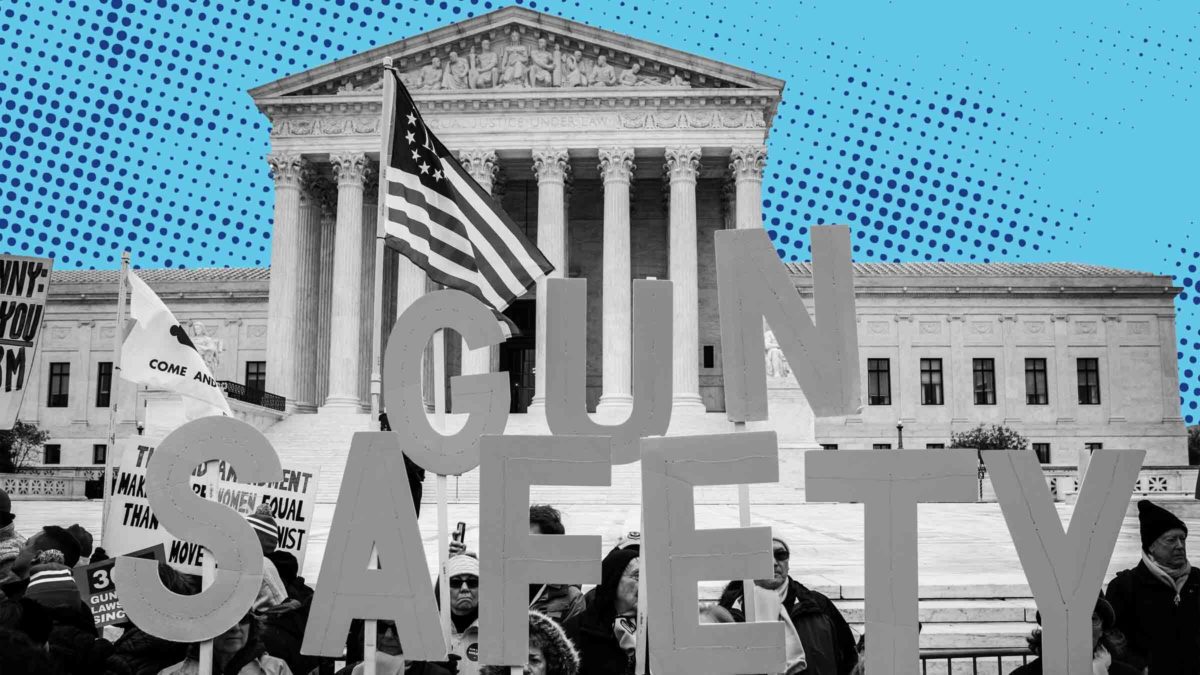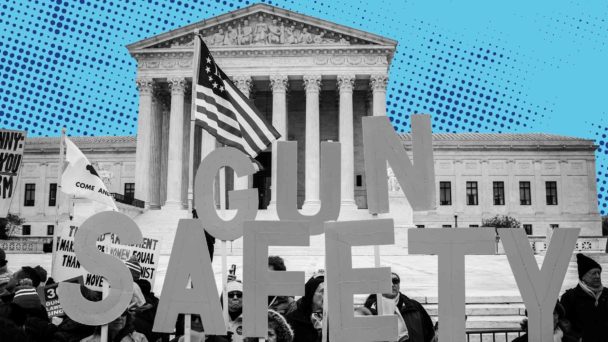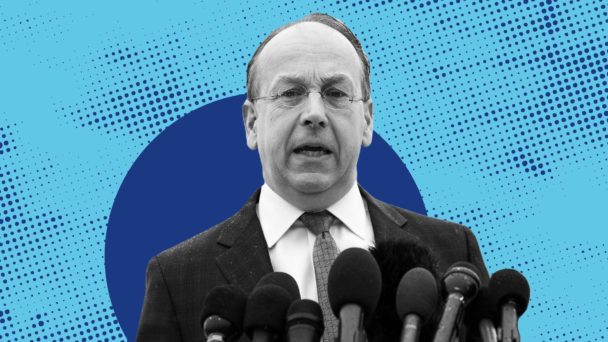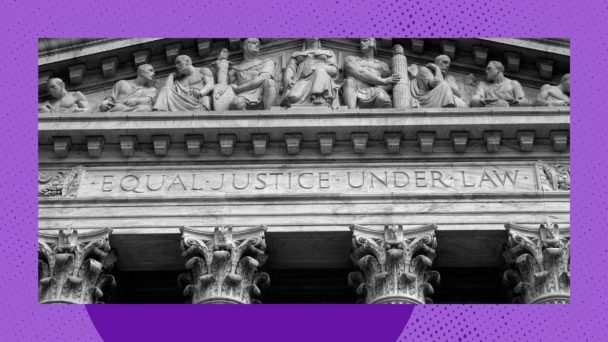On March 20, 2020, two cops in Inglewood, California turned on their patrol lights to pull a vehicle over. And once those lights started flashing, the officers saw someone in the car throw a .380 caliber Smith & Wesson handgun out the rear passenger window.
That person was later identified as Steven “Shorty” Duarte—and Duarte was not supposed to have a gun. Federal law makes it a crime for someone to possess a firearm if they’ve been convicted of a crime “punishable by imprisonment for a term exceeding one year.” Duarte had five such convictions, albeit for nonviolent offenses like drug possession. A jury found him guilty of violating the law, and he was sentenced to just over four years in prison.
Duarte appealed on the grounds that the “felon in possession” statute was unconstitutional as applied to him, a nonviolent offender who had already served his time. And in 2022, in New York State Rifle & Pistol Association v. Bruen, the Supreme Court dramatically curbed the government’s ability to pass gun safety laws, declaring laws presumptively unconstitutional unless they are, in a judge’s estimation, “consistent with the Nation’s historical tradition of firearm regulation.” On Thursday, the Ninth Circuit Court of Appeals agreed, ruling 2-1 to vacate Duarte’s conviction. Carlos Bea, a George W. Bush appointee, and Lawrence VanDyke, a Trump appointee, outvoted Bush appointee Milan Smith, Jr.
There is some sense in sparing Duarte from spending four years of his life in prison for having a gun while also having a record of nonviolent offenses. Still, as Smith writes in dissent, the majority treats Bruen’s decision about a New York gun licensing law as “an invitation to uproot a longstanding prohibition on the possession of firearms by felons.” Every extension of Bruen’s reasoning will make it that much harder for lawmakers to try and limit gun violence in a country besieged by it. Usually, the conservative legal movement invokes the originalist demand of “history and tradition” in order to curtail, say, reproductive freedom. But in Second Amendment cases, originalism becomes a one-way ratchet ever expanding freedom of access to guns. (One possible explanation for this curiously differential treatment: the Republican Party cares about one of these freedoms and not the other.)
In its opinion, the Ninth Circuit explored Founding-era treatises as well as state laws and cases from the 1700s and 1800s to conclude that the Second Amendment extends to “all American citizens—without qualification.” No other right gets this qualification-free treatment, not even ones that are far more integral to the functioning of a representative democracy. The majority distinguishes the right to gun possession from the right to vote, for instance, by pointing to a 19th-century jurist’s 1848 clarification that “the slave…the woman…the infant, the idiot, the lunatic, and the felon” have been “almost universally excluded” from the definition of “the people” with respect to voting and other political rights.
The court also determined that there was no sufficiently analogous historical exception to the general rule of guns-for-all to justify the lifelong ban on gun possession for people with nonviolent convictions. This is peculiar because in District of Columbia v. Heller, the Supreme Court’s first big foray into the Second Amendment and originalism back in 2008, Justice Antonin Scalia’s opinion specifically name-checked laws prohibiting “the possession of firearms by felons and the mentally ill” as “longstanding” laws that the result in Heller did not “cast doubt” upon. Yet here the Ninth Circuit is, doubting!
The Ninth Circuit inadvertently drove home how absurd the Bruen standard is in a footnote, when it politely suggested that the Supreme Court clarify what “longstanding” means in the context of laws barring people previously convicted of crimes from having a gun. Bea and VanDyke noted that they have “confidence” that anything “postdating the 19th century is not what the Court has in mind,” but only because the law the Court struck down in Bruen was over a century old.
In the meantime, no one really knows how old a given gun law must be before the Court will say it is old enough to pass constitutional muster, which means that assessing the legitimacy of gun laws boils down to a guessing game of Clarence Thomas’s favorite moments in history. And even if you guess right, America still loses.





